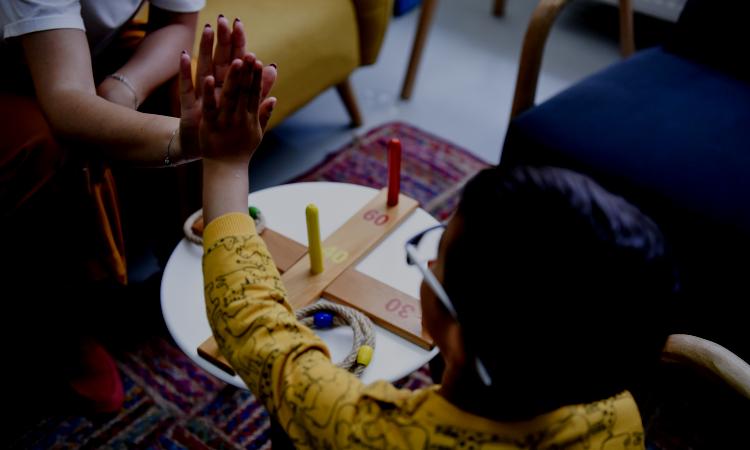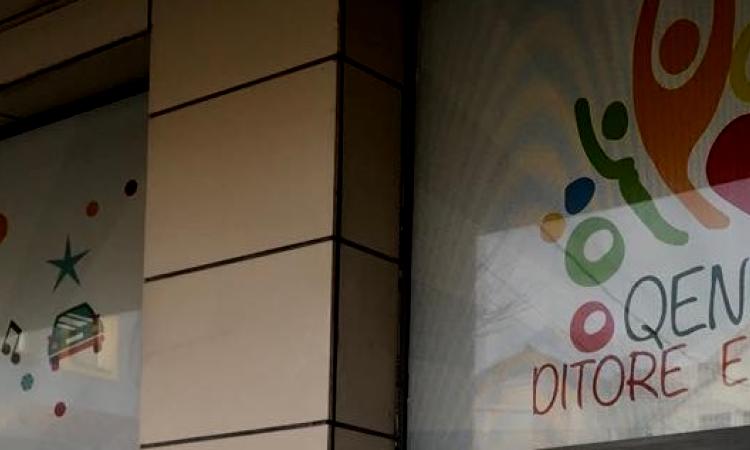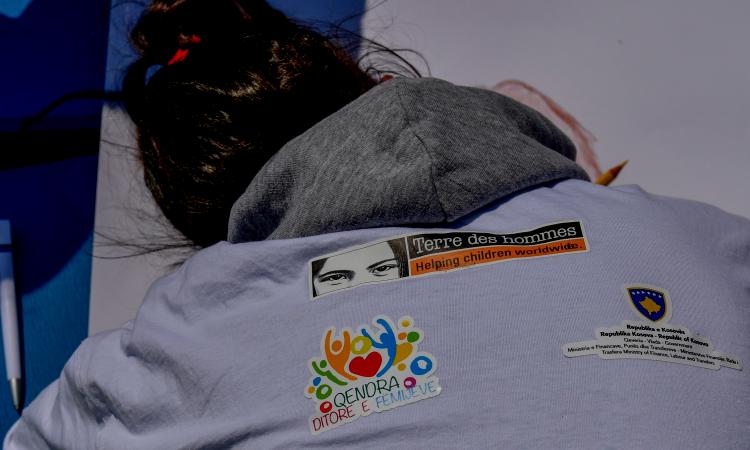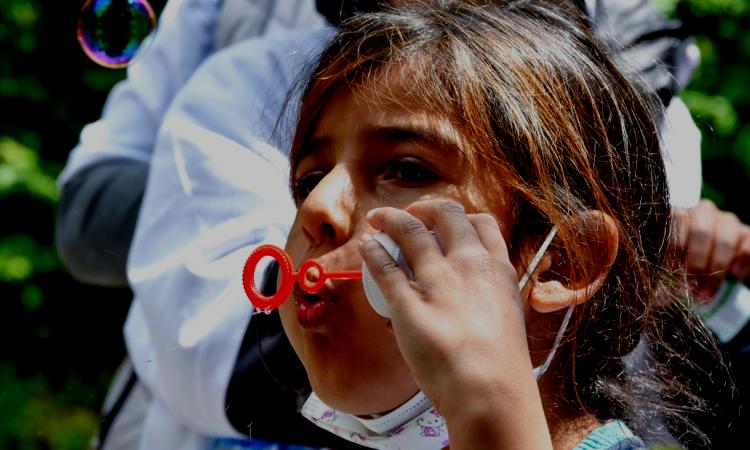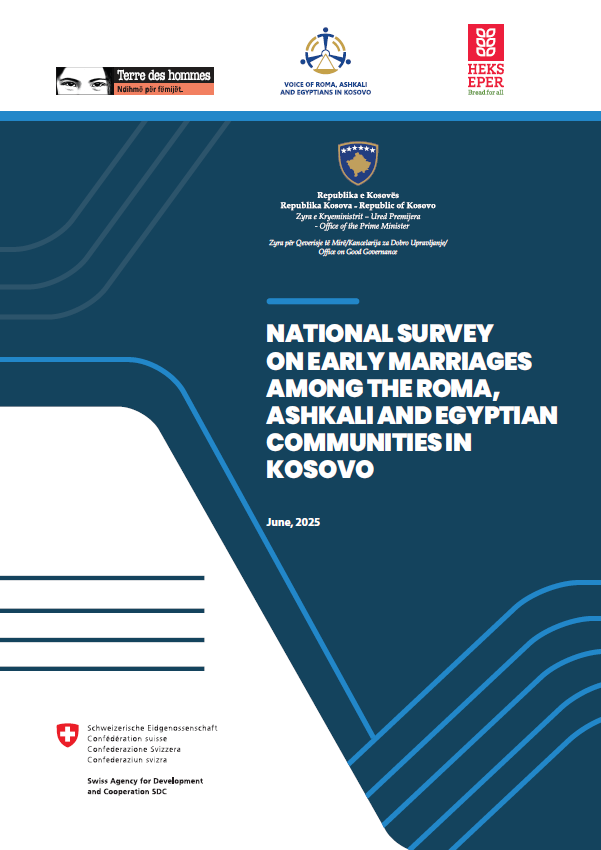
Human rights are non-negotiable, especially the rights of children, with particular emphasis on vulnerable groups of the Roma, Ashkali and Egyptian communities.
This report was produced with the support of a consortium consisting of three organizations: Voice of Roma, Ashkali and Egyptians (VoRAE), Terre des hommes Foundation (Tdh) and Swiss Church Aid (HEKS/EPER), in cooperation with the Office of the Prime Minister of the Republic of Kosovo, within the framework of the project: “Social Justice for Roma, Ashkali and Egyptians in Kosovo” which is funded by the Swiss Agency for Development and Cooperation (SDC).
The opinions expressed in this research belong to the authors or interviewees and do not necessarily reflect the official position of VoRAE, TdH and HEKS/EPER.
Research on early marriages within the Roma, Ashkali and Egyptian communities, designed and processed by Prof. Assoc. Dr. Bedri Bahtiri, in his capacity as research team leader, Sonila Hasaj and others from UBO Consulting, as well as researcher Kaltrina Zhushi, addresses a sensitive issue not only within these communities, but also in Kosovo society in general.
This research represents an important step in inquiring on the phenomenon of early marriages1 in the Republic of Kosovo, and constitutes a serious effort to bring to surface this sensitive topic for children in general, and in particular for children of the Roma, Ashkali and Egyptian communities. Through this research, we intended to conduct a detailed analysis of this disturbing phenomenon, and the manner in which the issue of marriage and de facto extramarital union is provided on by international legal norms and domestic legislation. So far, institutional mechanisms have been established in the Republic of Kosovo at the central level regarding the addressing of this issue. This is undoubtedly a valuable contribution to the cause of “best interests of the child”.
The main criticism of early marriages is that they constitute abuse of children and a violation of their fundamental rights and freedoms. This phenomenon hinders the emancipation of communities, as it limits minors (boys and girls) access to basic rights, such as education and sound development adequate to their age.
The problem of early marriage is not only an issue for the Roma, Ashkali and Egyptian communities, but also affects other communities in Kosovo, to a certain extent. In this regard, it should not be deemed that this phenomenon is only present in these communities, since the same phenomenon was present until the last century, to varying degrees, in other communities in Kosovo, while today it is encountered in fewer cases.
Early marriages deny children their right to freely express their desires and interests, as they do not have full capacity to make decisions, and if they express consent, it bears no legal standing due to their age.
From a legal perspective, early marriages cannot be considered unions regulated by legal norms, as they are prohibited. However, this phenomenon cannot be passed over in silence, by justifying it with cultural and traditional values. They should be treated as human rights violations, which create social inequality and contain elements of severe discrimination.
